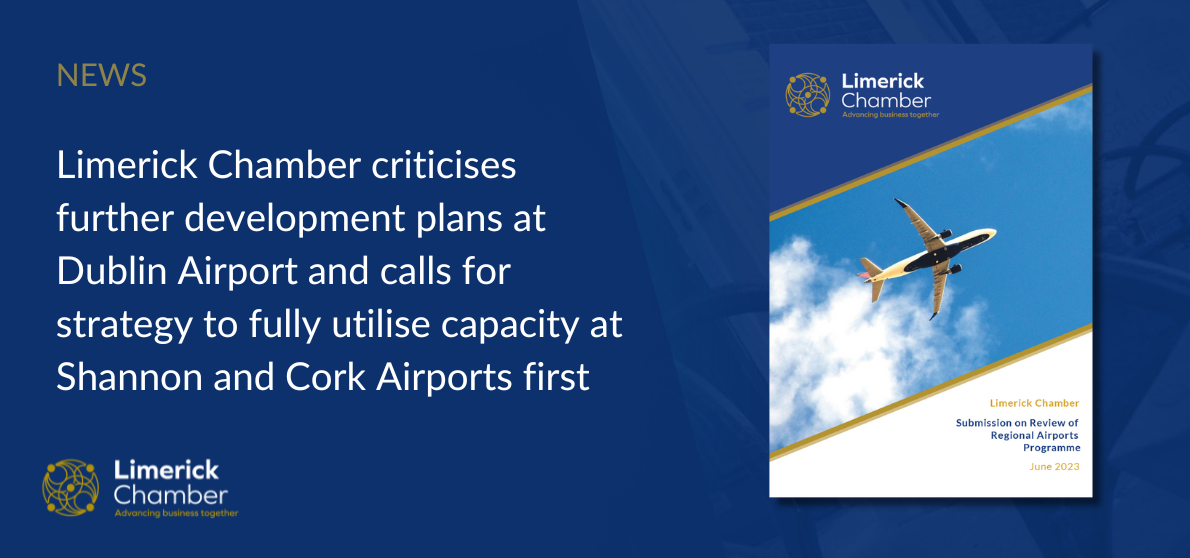Limerick Chamber to meet Chief Procurement Office to highlight members concerns
Monday 13th May 2013: The Irish Government has recently introduced a policy of bundling smaller government contracts into larger single tenders to achieve greater efficiencies and cost savings. However, Limerick Chamber has found that this policy has led to larger companies, some overseas, tendering for these contracts and many Irish SME’s not in a position to compete. In response to concerns expressed by their members, Limerick Chamber has secured a meeting as part of a national Chamber lobby group, with newly appointed Chief Procurement Officer at the Department of Public Expenditure and Reform, Mr Paul Quinn.
The National Procurement Service (NPS) is tasked with centralising and clustering public service contracts. Whilst Limerick Chamber fully supports the NPS’ quest for optimum efficiency, value for money and competition, the current policy alienates SME’s and could in fact prove to be more costly in the long term. With an estimated annual spend of €8 billion on the procurement of goods and services alone, these contracts are a lifeline for many Irish SMEs and Irish jobs.
Speaking in advance of the meeting, Limerick Chamber Economist Dr Órlaith Borthwick said, “Recent changes in the Governments tendering and procurement policy is a big issue for our members. The policies being pursued nationally are departmentally disjointed and it appears the NPS strategy does little to support smaller, indigenous companies who are key contributors to exchequer funding and employ approximately 70% of the labour force. They are effectively putting jobs at risk.
“While value for money is an essential facet of public policy, this does not always equate to lowest cost. An effective and efficient service which delivers a tendering and procurement process which is transparent and inclusive of all sizes of businesses is essential.
“We will be highlighting to Mr Quinn examples from our members of how their current policy puts SME’s and jobs at risk. Appropriate measures that contribute to the overall success of a functioning balanced economy are required, where both larger and smaller businesses coexist in a mutually beneficial manner. The more examples we have for Mr Quinn the greater the impact of our lobbying effort, so we are asking businesses impacted by this to contact me in Limerick Chamber over the coming week,” concluded Dr Borthwick.
Dr Órlaith Borthwick can be contacted at 061 415180.
Ends



Share On.....